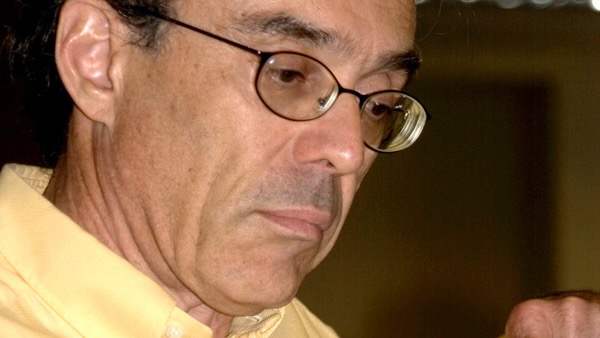David Copp / Two Arguments About Normative Pluralism

David Copp / Two Arguments About Normative Pluralism
Friday September 20, our Colloquium Series welcomes David Copp from UC Davis, who will present "Two arguments about normative pluralism." The talk is abstracted below.
Weak normative pluralism is the view that the domain of (robust) normativity is not unified, but is plural. The normative standpoints of morality and prudential rationality are distinct. Strong normative pluralism goes beyond weak pluralism in holding that there is no “supreme” or “overriding” normative standpoint that arrives at verdicts as to what agents ought to do simpliciter, all things considered. There are only the “qualified” reasons and “oughts.” In a 2020 paper, I argued for weak pluralism, and I then argued that there are plausible auxiliary premises that take us from weak to strong pluralism. This is the first argument. A second argument invokes pluralist-Teleology, a meta-normative theory that offers a unified account of the metaphysical grounding of the various robustly normative standpoints, including morality, prudential rationality, and epistemic rationality. As such, it is a form of weak pluralism. Can it avoid strong pluralism? It could, under two conditions. First, perhaps it can deny one or more of the auxiliary premises I invoked in my 2020 paper. And, second, perhaps it can make sense of a supreme, overriding normative standpoint. It is doubtful it can achieve these goals, but there is room for debate about this. Pluralist-teleology rests on the idea of a problem of normative governance, as I will briefly explain. Some problems of normative governance are more general than others – in that addressing them ipso facto addresses the less general. We can make sense of the more general as overriding the less general, and this might be an opening that would allow Pluralist-Teleology to avoid strong pluralism.

